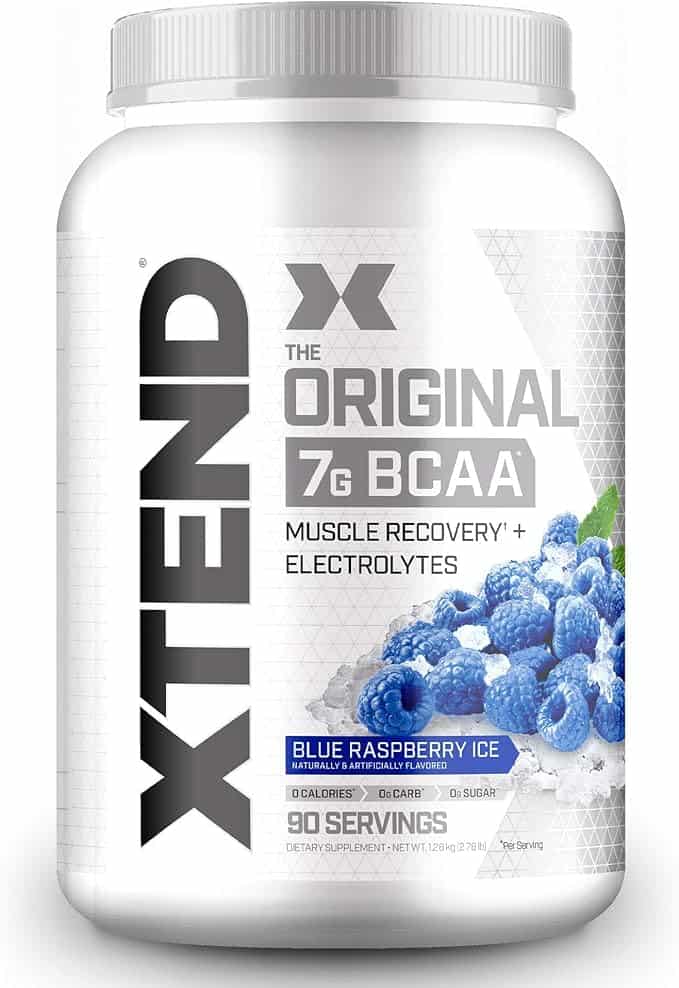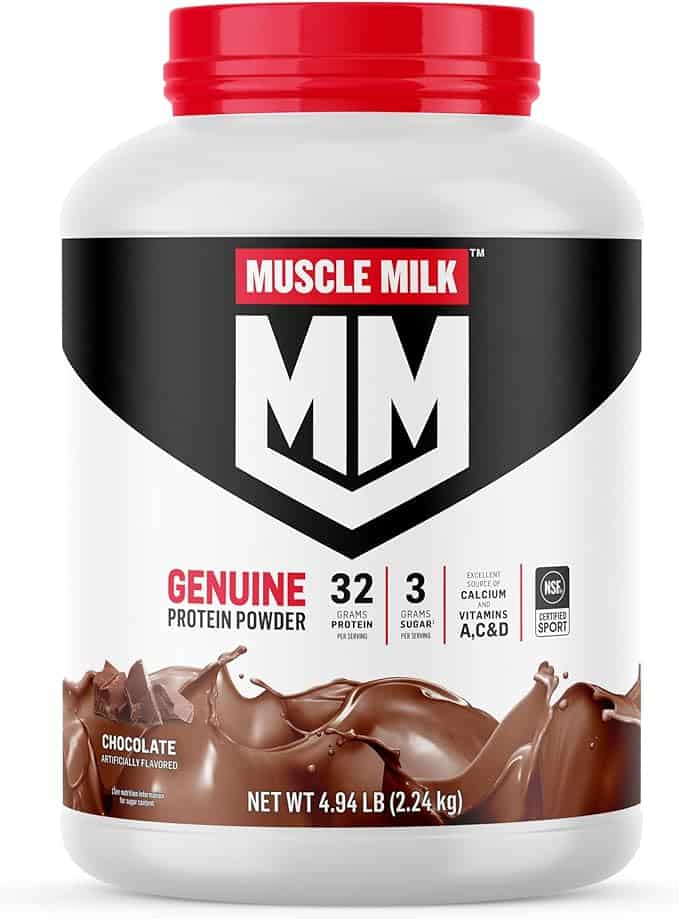The Dreaded Freshman 15 is Real!
You might think that the notorious freshman fifteen is nothing more than a fairy tale, but consider for a moment the contributing factors. For one thing, most college students are away from home (and the watchful gaze of mom and dad) for the first time in their lives. And without parents around to make sure you’re getting three square meals a day, you might fall into bad habits like scarfing pizza and burgers at the cafeteria for breakfast, lunch, and dinner, skipping fruits and veggies, and snacking from vending machines the rest of the time.
Pile on top of that plenty of stress, a distinct lack of sleep, a lot of high-calorie alcoholic beverages, and likely, little to no exercise. The true surprise is that the standard fifteen pounds are not double that. So if you’d like to avoid the unwanted extra pounds that plague the average student, here are just a few strategies to maintain your weight, keep your energy levels high, and ultimately look and feel as good exiting your freshman year as you did going in.
Eat Healthy, Not Fast
The first thing you must do is practice healthy eating habits. This means keeping a balanced diet and eating on a regular schedule. It can be tempting to grab a candy bar or soda in your mad dash to get to class, or worse, to skip breakfast altogether. But there are a couple of reasons you should try to rise a few minutes early in order to have a bowl of cereal, or ideally, some protein and carbs (eggs, toast, and fruit, for example).
Breakfast
You’ve likely heard that breakfast is the most important meal of the day and this is absolutely true. If you miss the first meal, your body will signal a lack of fuel and your metabolism will slow as a result to conserve energy. This could leave you tired and sluggish. And when you do eat your body will try to retain more calories for later, in case you fail to fuel up again. Ipso facto – weight gain. Unless you are specifically following a fasted meal plan and you know how to use intermittent fasting effectively, you should try to eat breakfast.
No, Ramen noodles don’t count as breakfast!
Choose Foods Slow to Digest
Slow-burning proteins and carbs (whole grains rather than white bread or sugary cereal) will deliver sustained, long-term energy without the spikes and crashes of the processed sugar and caffeine you’re drawn to. A piece of fruit will give you a fast-burning, instant boost of energy thanks to natural sugar, sans the crash that comes with synthetic options.
You can use these same principles throughout the day to ensure optimum levels of energy that help you to focus in all of your classes and get through your homework and study faster and more efficiently. Plus, eating on a regular schedule and avoiding foods that are high in fats, sugars, and preservatives will keep your metabolism steady and help you to maintain your weight.
Always remember that you need to keep your total calories consumed lower than or equal to what you burn each day. High calorie foods just aren’t going to cut it.
Sleep and Exercise
Of course, adequate sleep and regular exercise are also essential to staying healthy and fit, as well as feeling your best, so it behooves you to get your full eight hours each night and try to work in at least thirty minutes of moderate-intensity exercise a minimum of 3-4 times a week. This can help to reduce stress and boost endorphins, making you feel great. You don’t need the best MPH degree programs to tell you that; it’s just common sense.
So if you’re looking to avoid the freshman fifteen, as well as exhibit peak performance where your studies are concerned, strive to eat nutritious, balanced meals, rest accordingly, and get moving as frequently as possible. This strategy could just leave you in better shape at the end of your first year of college than when you began.
Tags: college, Diet, exercise, freshman, freshmen, lifestyle, nutrition











